Have you ever looked into your cat’s eyes after accidentally stepping on their tail or returning home late, only to wonder if they’ll ever forgive you? Cat lovers everywhere have felt that sting of guilt, but the bigger question lingers—do cats truly forgive and forget, or do they quietly hold a grudge? Let’s journey into the mysterious hearts and minds of our feline friends to uncover what really goes on after a blunder. Prepare to be surprised, maybe even a little moved, by what science and experience tell us about the emotional intelligence of cats.
The Feline Memory: More Than Meets The Eye
Cats possess memories that are both sharp and selective. Unlike humans, cats remember events that directly affect their well-being—especially those involving food, comfort, or fear. While a cat may not remember every little detail, they are surprisingly good at recalling negative experiences, such as a trip to the vet or a loud noise. Their memory helps them navigate the world safely. When it comes to people, cats tend to remember both kindness and mistreatment, shaping their behavior over time. This memory is essential for their survival in the wild, helping them avoid danger. So, while cats might not hold on to every single event, what matters to them is unlikely to be forgotten quickly.
Emotional Intelligence in Cats
You might be amazed to know that cats are much more emotionally complex than they first appear. They can sense your mood, respond to your tone of voice, and even comfort you when you’re sad. Studies have shown that cats form emotional attachments with their owners, similar to the bonds dogs form. This emotional intelligence gives them the ability to read situations and react accordingly. They know when you’re upset or happy, and often adjust their behavior to match. This deep emotional sensitivity means that forgiveness, as we understand it, may look different in cats. While they might not hold a grudge in a human sense, they do remember how you make them feel.
Do Cats Feel Hurt or Betrayed?
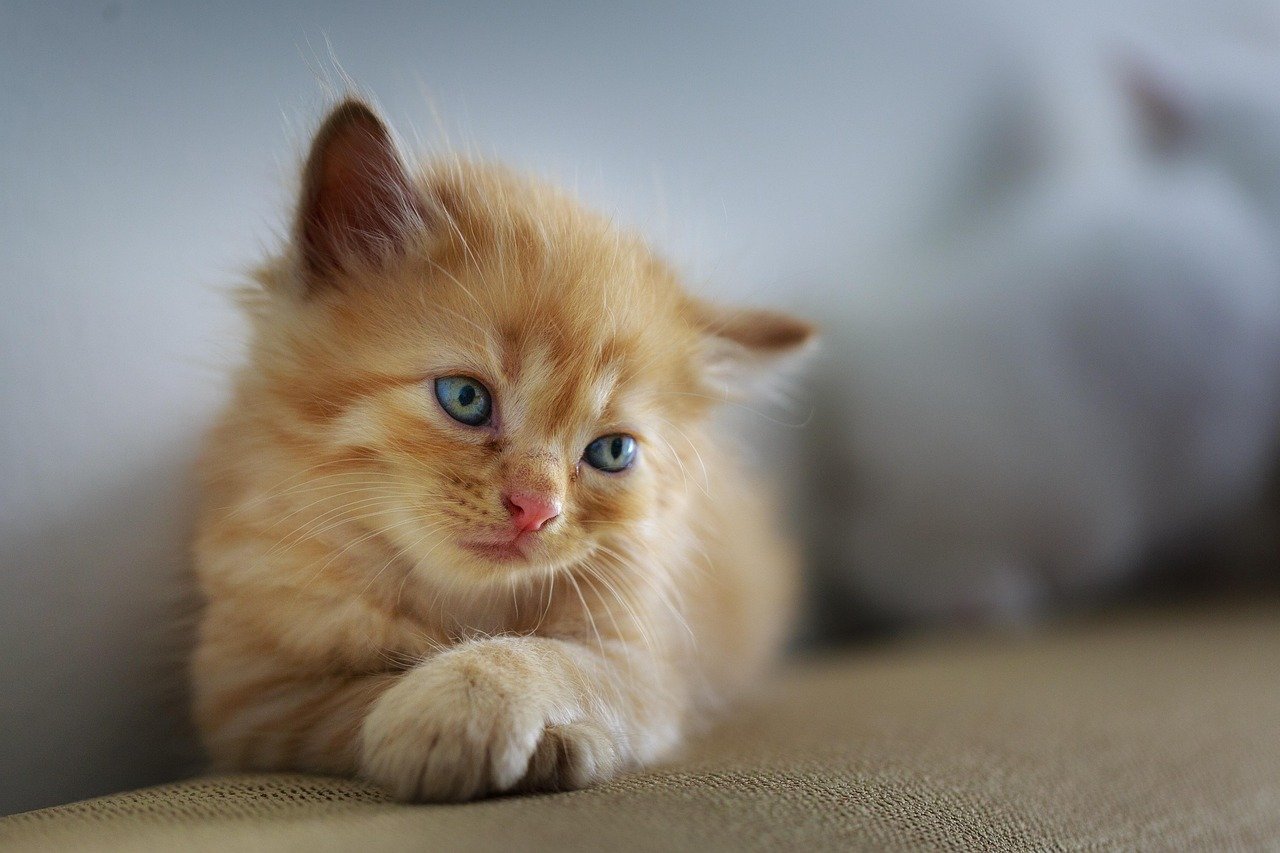
It might sound strange, but cats can feel hurt by their humans. Whether it’s being ignored, startled, or scolded, cats often react with withdrawal or avoidance. Some will hide for hours, avoiding eye contact or physical touch, as if nursing a wound. This reaction is not just physical—it’s deeply emotional. However, their sense of betrayal isn’t quite like ours; it’s more about feeling safe and secure. When their trust is shaken, it takes time and patience to rebuild. Cats are masters at protecting themselves, and sometimes that means keeping their distance until they feel safe again.
The Science of Cat Forgiveness
While science hasn’t pinpointed the exact process of forgiveness in cats, studies on animal behavior suggest that cats can move on from negative experiences, especially if positive interactions follow. Cats are quick learners, associating actions with outcomes. If you make amends—bringing treats, gentle petting, or extra playtime—a cat is likely to respond positively. This doesn’t mean they forget instantly, but they can “forgive” in their own way by choosing to interact with you again. Forgiveness in cats is less about letting go of the past and more about rebuilding trust through consistent positive experiences.
Signs Your Cat Is Holding a Grudge
Have you ever noticed your cat ignoring you after a mishap? Cats might show their displeasure by turning their back, avoiding your touch, or hiding under the bed. These behaviors are classic signs of a feline grudge—at least for a little while. Unlike humans, cats won’t plot revenge. Their “grudges” are more like a protective response, a way to communicate discomfort or distrust. Watch for subtle cues: flattened ears, a twitching tail, or an aloof attitude. These are your cat’s way of saying, “I need a little space right now.”
How Long Does a Cat Remember a Negative Experience?
It’s astonishing how long a cat can remember a bad experience. Some studies suggest cats can retain negative memories for months, especially if the incident was traumatic. For example, a loud bang or a rough handling can stick with them, causing them to react with fear or avoidance around similar triggers. However, the intensity of the memory may fade over time if positive experiences follow. The key is repetition—if negative interactions are rare, your cat is more likely to move past them. But if they’re frequent, your cat might always be on edge.
Making Amends: Rebuilding Trust With Your Cat
If you’ve upset your cat, don’t worry—there are ways to make it right. Start by giving them space, letting them come to you when they’re ready. Offer treats, speak softly, and engage in gentle play to show you mean no harm. Routine and predictability help rebuild trust, so stick to feeding and play schedules. Cats respond well to patience and consistency, and over time, they’ll likely forgive your blunder. Remember, actions speak louder than words with cats. Every positive interaction helps repair that precious bond.
Do Cats Forget Mistreatment?
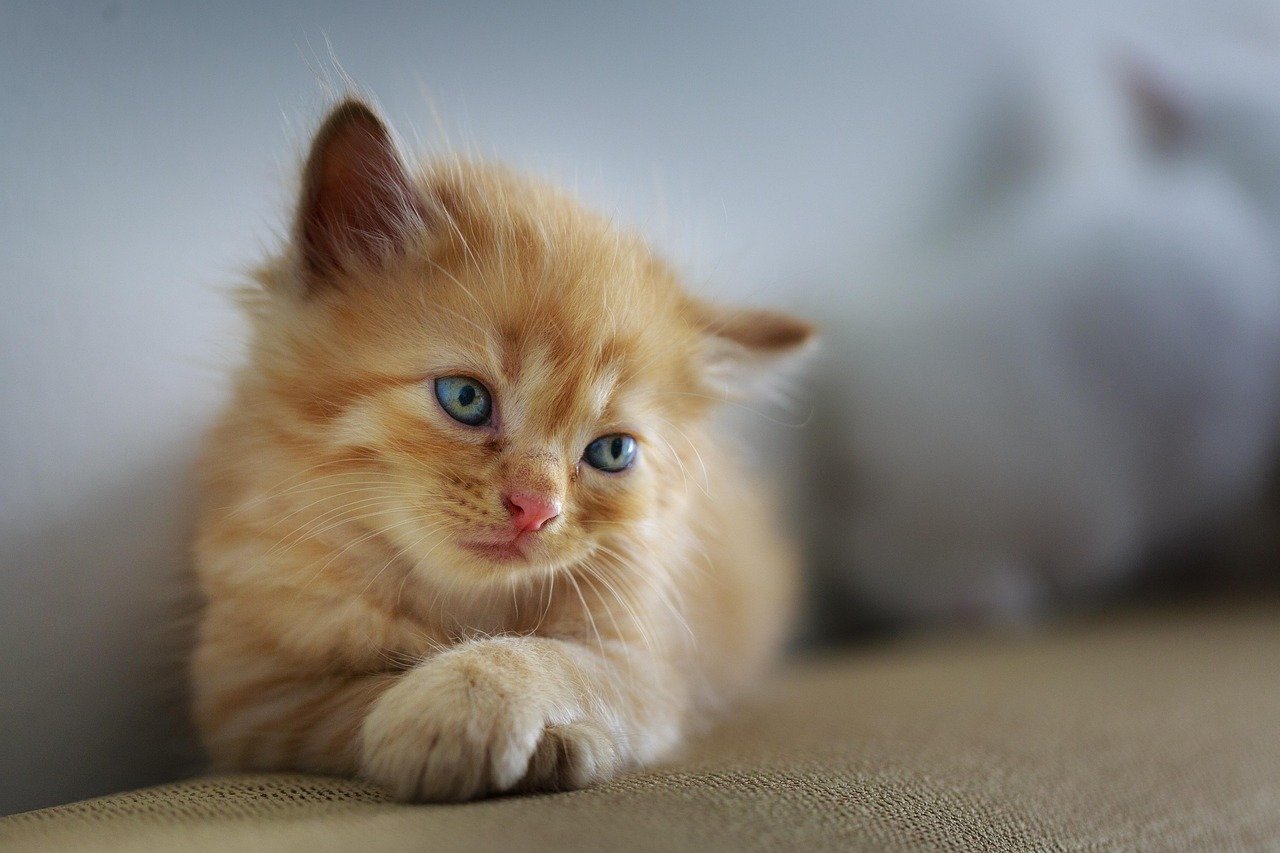
Cats have long memories for mistreatment, especially if it’s repeated or severe. A cat rescued from an abusive situation may carry those scars for years, reacting fearfully to certain people or actions. However, with love, patience, and gentle care, even the most traumatized cats can learn to trust again. They may never forget, but they can move forward, forming new, positive associations. The journey from fear to trust is slow, but incredibly rewarding for both cat and human.
Why Some Cats Seem More Forgiving Than Others
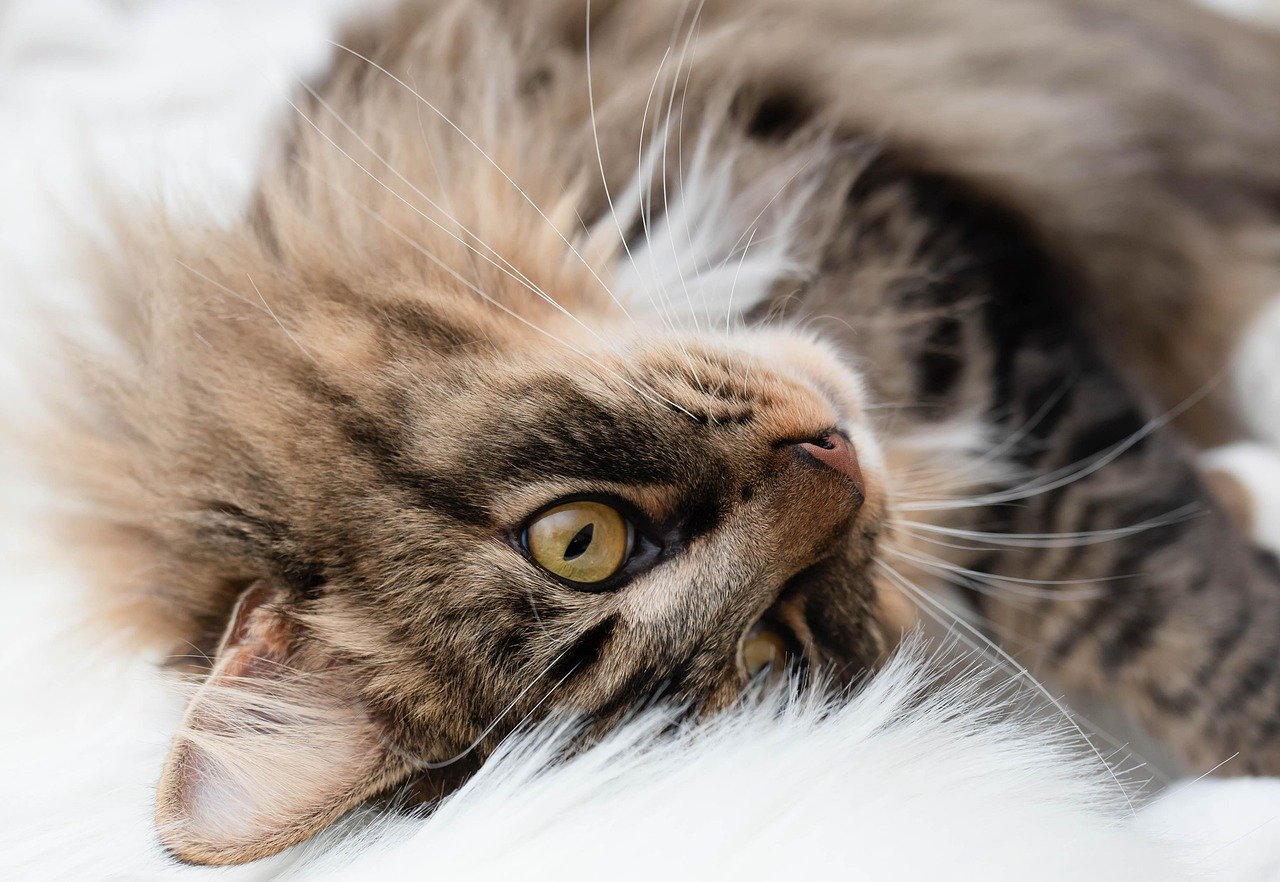
Just like people, every cat has a unique personality. Some are naturally more easygoing, quick to bounce back from slights or accidents. Others are more sensitive, holding onto negative experiences a bit longer. Breed, early socialization, and past experiences all play a role in how forgiving a cat might be. A confident, well-socialized kitten is more likely to forgive and forget than a nervous, under-socialized cat. Understanding your cat’s personality helps you tailor your approach to rebuilding trust.
The Role of Routine in Feline Forgiveness
Cats thrive on routine, finding comfort in predictable patterns. When their world is disrupted—by a new pet, a move, or a sudden loud noise—they can become anxious or withdrawn. Maintaining a steady routine helps reassure your cat that all is well, making it easier for them to move past negative experiences. Regular feeding, playtime, and cuddles create a sense of security that encourages forgiveness. If you’ve upset your cat, sticking to their routine is one of the best ways to win back their trust.
Physical Affection: Can Cuddles Heal Wounded Feelings?
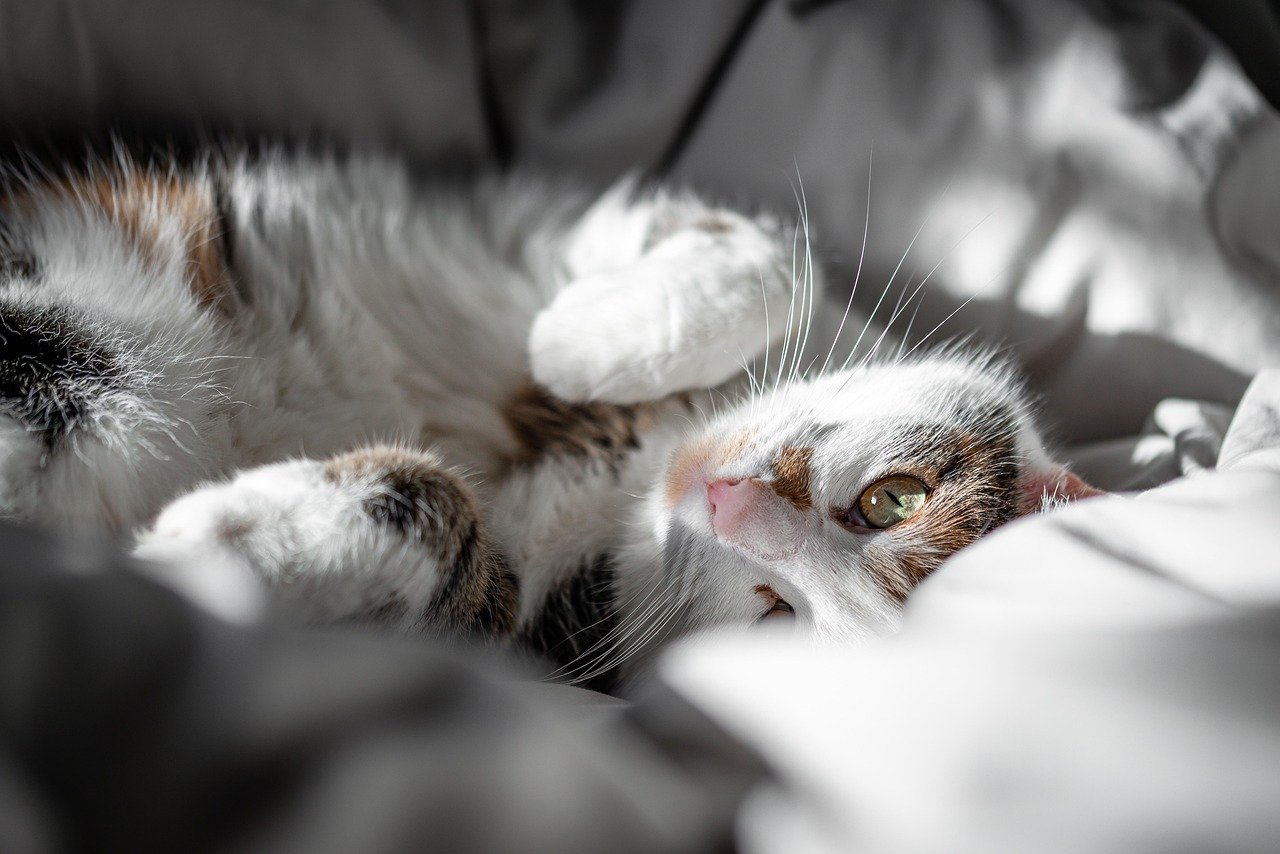
Physical touch can be incredibly soothing for cats, but only when they’re ready. After a mishap, some cats may seek out extra cuddles, while others need space. Pay close attention to your cat’s body language—if they lean in or purr, it’s a sign they’re open to affection. Gentle petting, chin scratches, and soft words can go a long way in healing hurt feelings. Never force cuddles; let your cat set the pace. Over time, positive touch helps reinforce the bond and shows your cat that you’re trustworthy.
Do Kittens Forgive More Easily Than Adult Cats?
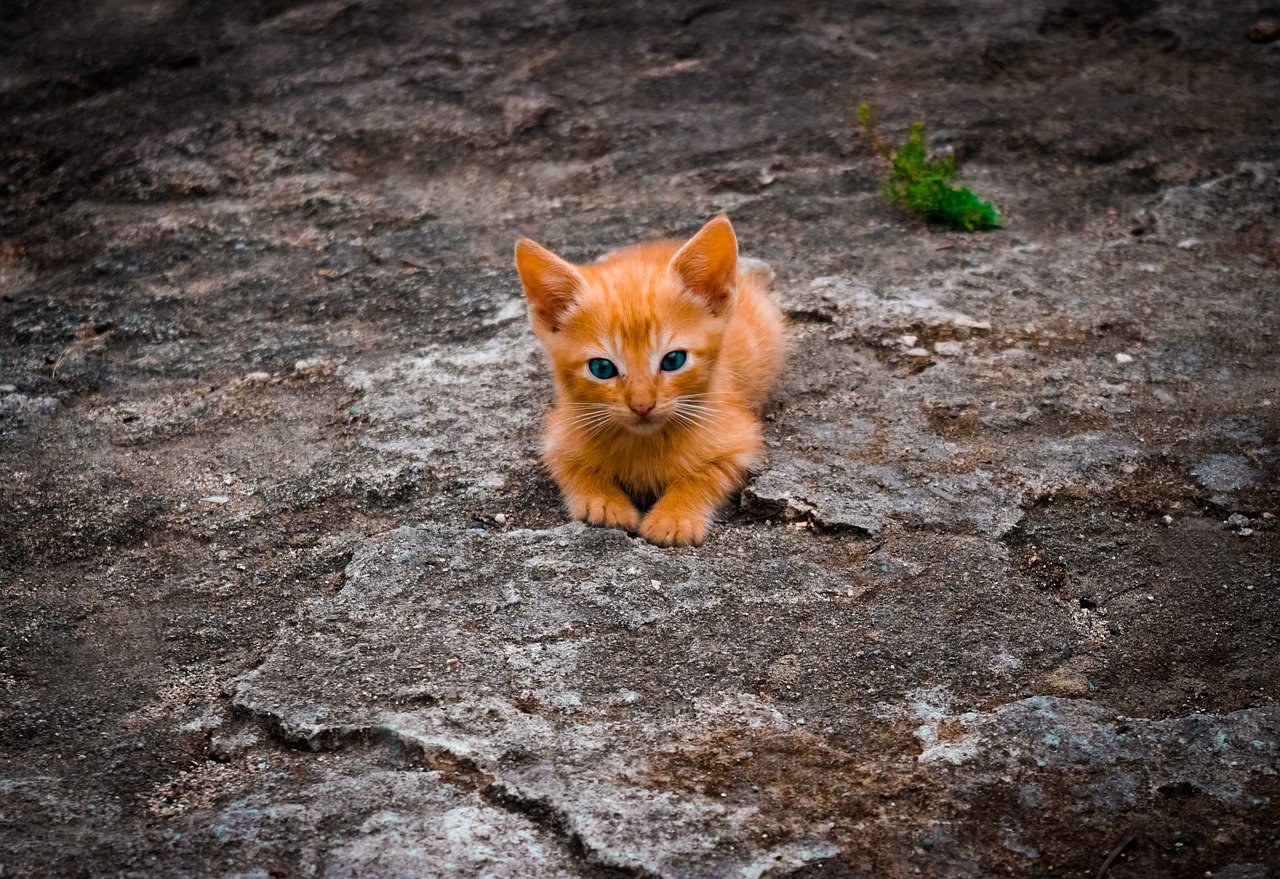
Kittens are remarkably resilient, often bouncing back from mishaps with little fuss. Their curiosity and desire to explore make them quick to move on from small upsets. However, repeated negative experiences during kittenhood can shape their personalities for life. Adult cats, especially those with a history of trauma or neglect, may take longer to forgive. Building trust with an adult cat requires patience, understanding, and plenty of positive reinforcement. The good news is, with time, both kittens and adults can learn to trust again.
The Power of Positive Reinforcement
Rewarding good behavior is one of the best ways to encourage forgiveness in cats. Treats, toys, and praise help your cat associate you with positive experiences. Avoid punishment, as it only increases fear and mistrust. Instead, focus on rewarding calm, affectionate behavior. Cats are smart—they quickly learn which actions lead to good things. Over time, positive reinforcement helps erase the sting of past mistakes, paving the way for a stronger, happier bond.
Communication: Understanding Your Cat’s Signals
Cats communicate in subtle ways, using body language, vocalizations, and behavior to express their feelings. Learning to read these signals is key to understanding when your cat is ready to forgive. A relaxed posture, slow blinks, and gentle head bumps are all signs your cat feels safe with you. On the other hand, flattened ears, hissing, or avoidance mean your cat needs more time. By tuning into your cat’s cues, you can respond appropriately and build trust more effectively.
Can Cats Sense Apologies?
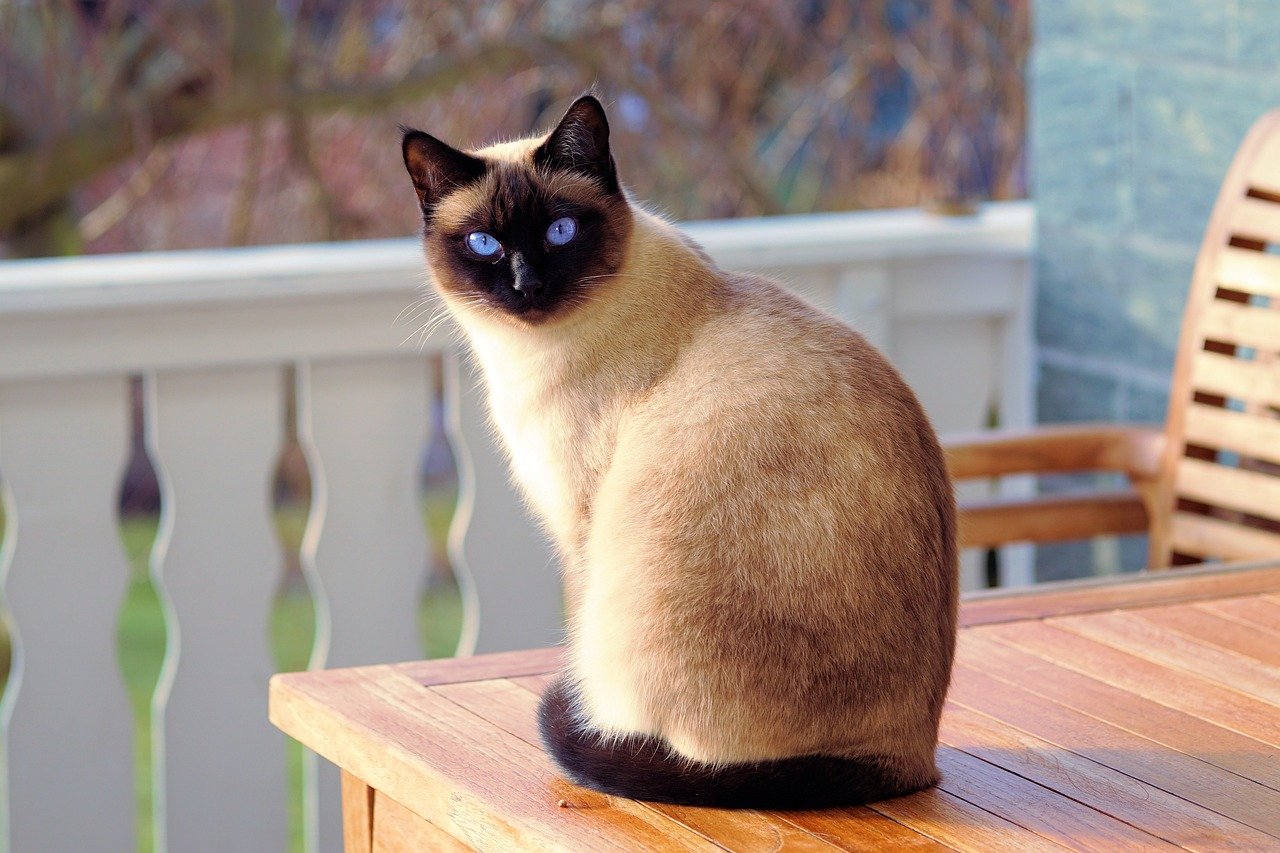
While cats don’t understand apologies in the human sense, they do pick up on your tone of voice and body language. Speaking softly, moving slowly, and offering gentle gestures can communicate your remorse. Some cat owners swear their cats respond to apologies with purrs or affectionate headbutts. Whether or not your cat truly grasps the concept, your actions speak volumes. Consistency, kindness, and patience are the most effective ways to show you’re sorry.
Do Cats Forgive Other Cats?
Cats living together often get into spats—quick swats, hissing matches, or even full-blown fights. Surprisingly, most cats are capable of forgiving their feline housemates, especially if they share a close bond. After a conflict, you might notice mutual grooming or playful chasing as signs of reconciliation. However, some cats hold onto grudges longer, especially if there’s competition for resources. Providing plenty of space, separate food bowls, and individual attention helps prevent ongoing tension.
How Environment Impacts Forgiveness
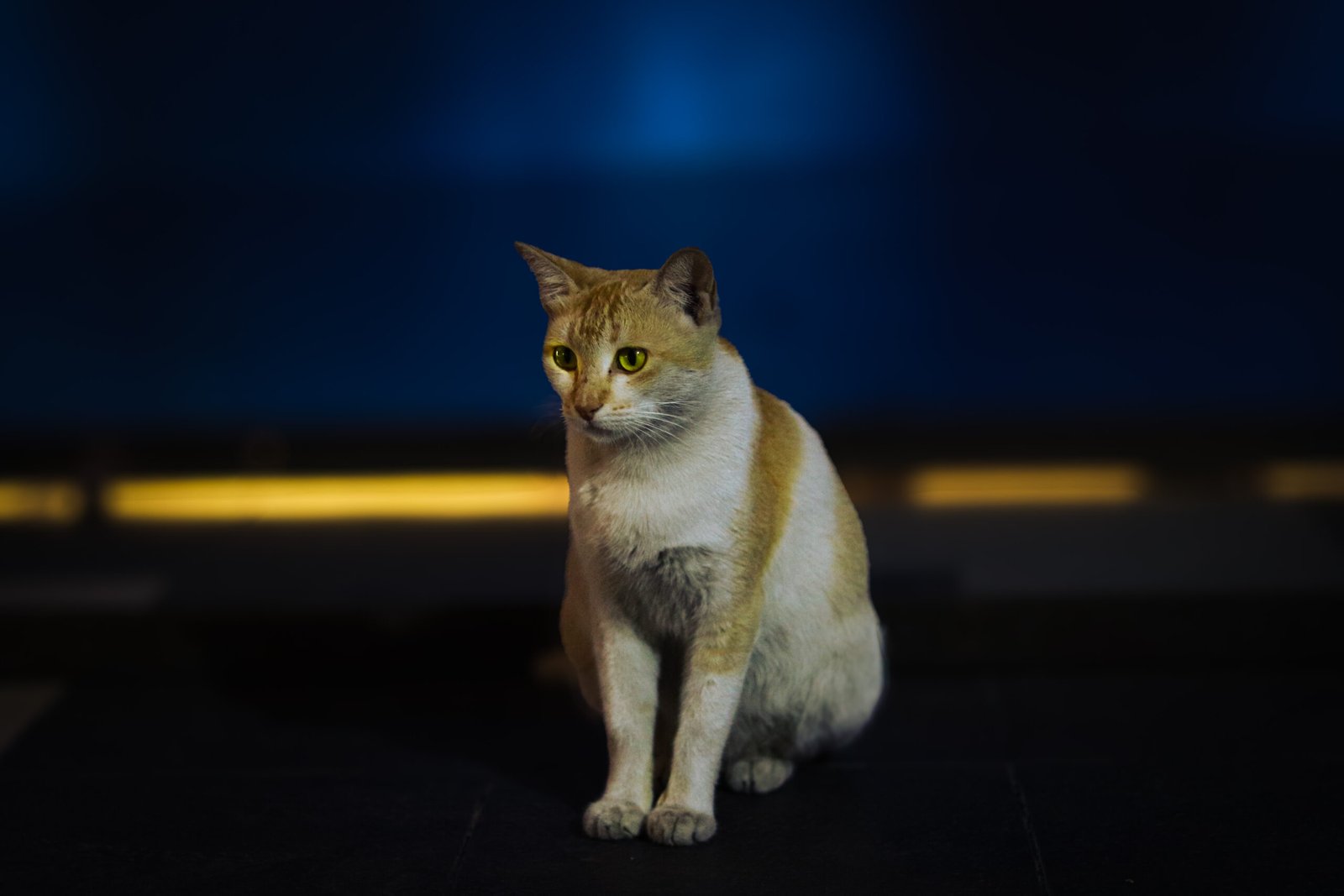
A calm, stable environment makes it easier for cats to relax and let go of negative experiences. Loud noises, frequent visitors, or changes in routine can make cats more anxious, prolonging the forgiveness process. Creating safe spaces—like cozy beds, high perches, or quiet rooms—gives your cat a place to retreat and recover. The more secure your cat feels in their environment, the more likely they are to forgive and move forward.
The Role of Play in Healing Bonds
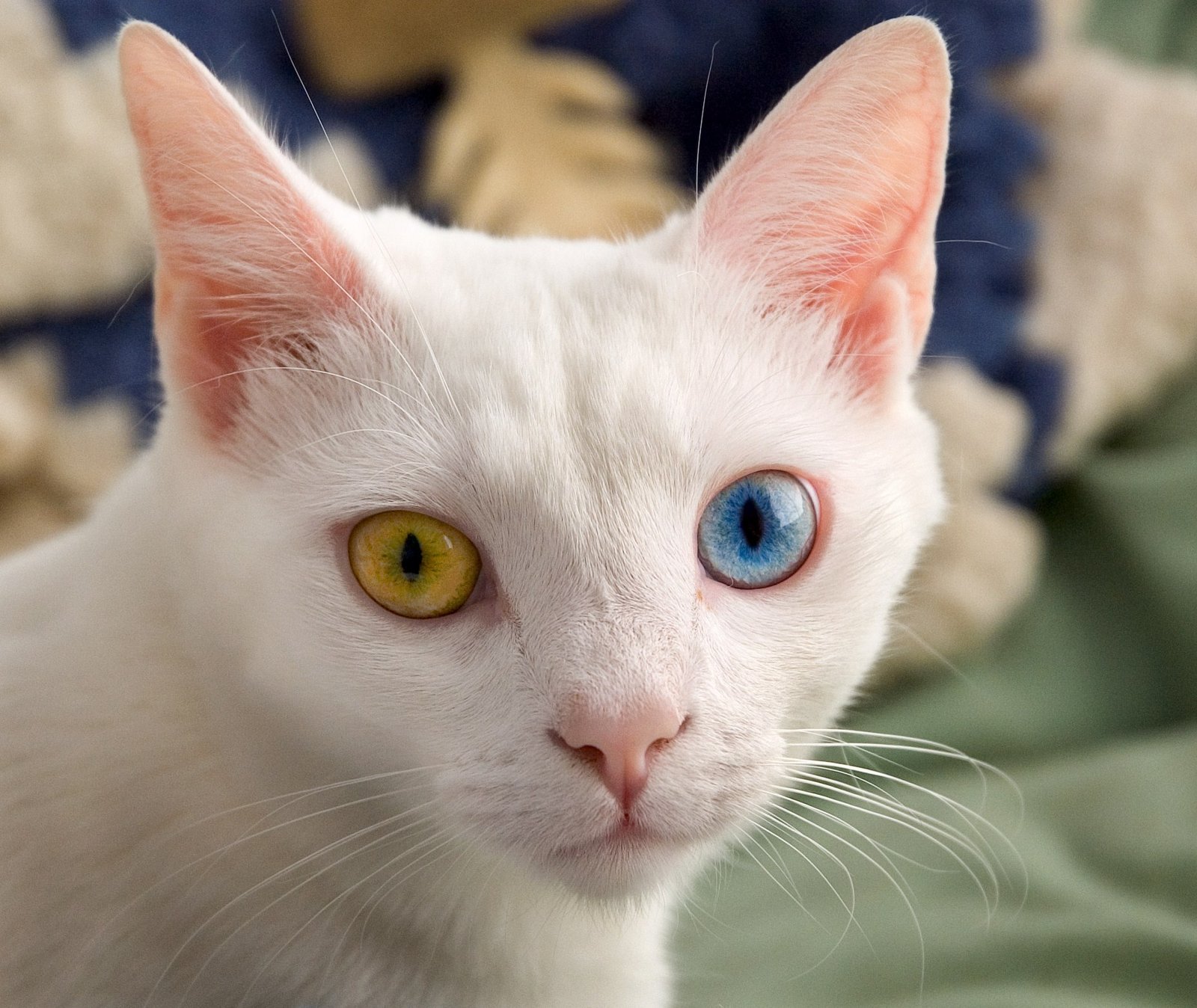
Play is not just fun—it’s a powerful tool for healing and rebuilding trust. Engaging your cat in interactive play sessions with toys like feather wands or laser pointers helps release stress and strengthen your connection. Play provides an outlet for energy, redirects negative emotions, and fosters positive associations. After a conflict or mishap, a playful session can be the first step toward forgiveness. Remember, laughter and joy are just as important to cats as they are to us.
Cat Owners Share: Stories of Forgiveness
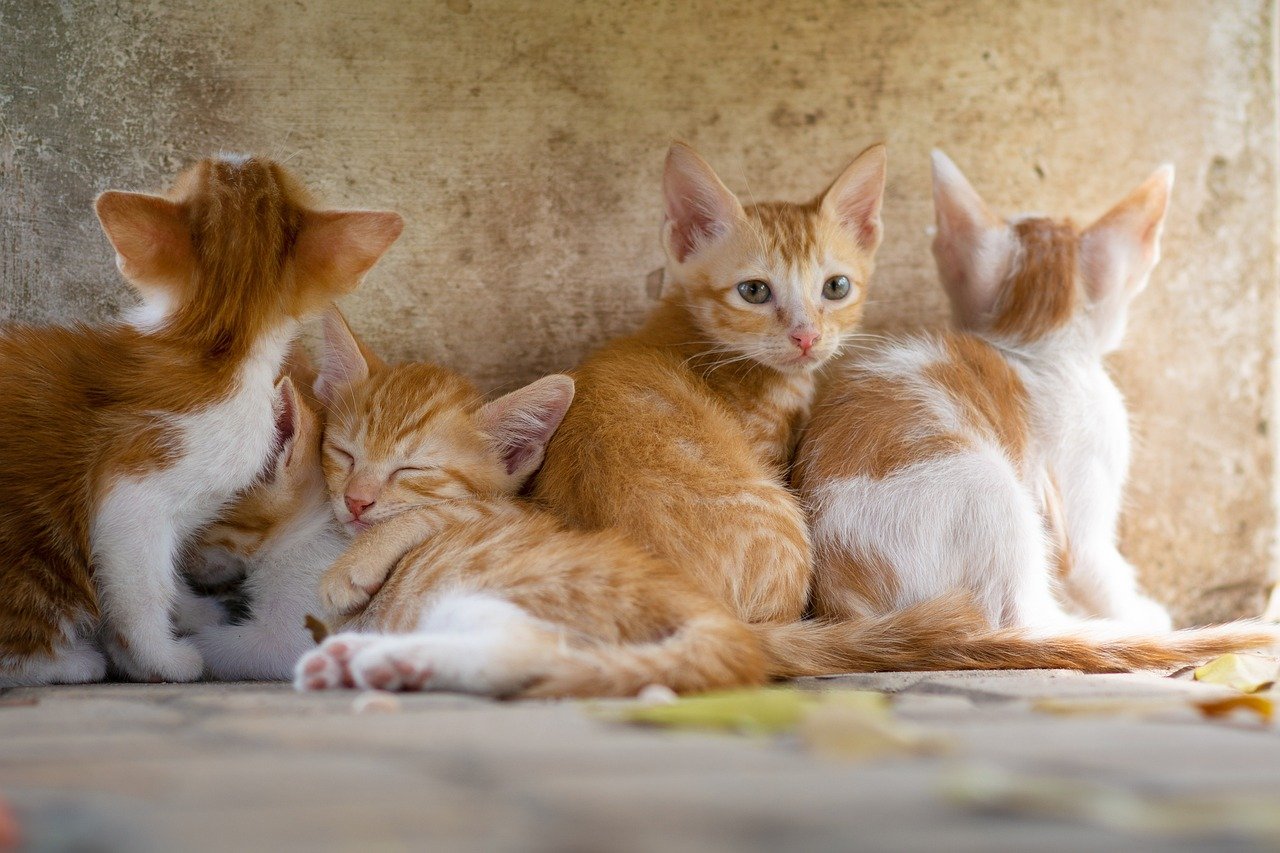
Ask any cat owner, and you’ll hear touching stories of forgiveness. One person might recall how their cat returned to snuggle after a week of cold shoulders, while another remembers the cautious but hopeful look in their rescue cat’s eyes. These moments remind us that forgiveness is possible, even after a tough start. Every cat has their own unique way of showing forgiveness—sometimes it’s a gentle head bump, other times a surprise purr in your lap. These stories inspire us to keep trying, even when it feels hopeless.
Tips for Strengthening Your Bond After a Misstep
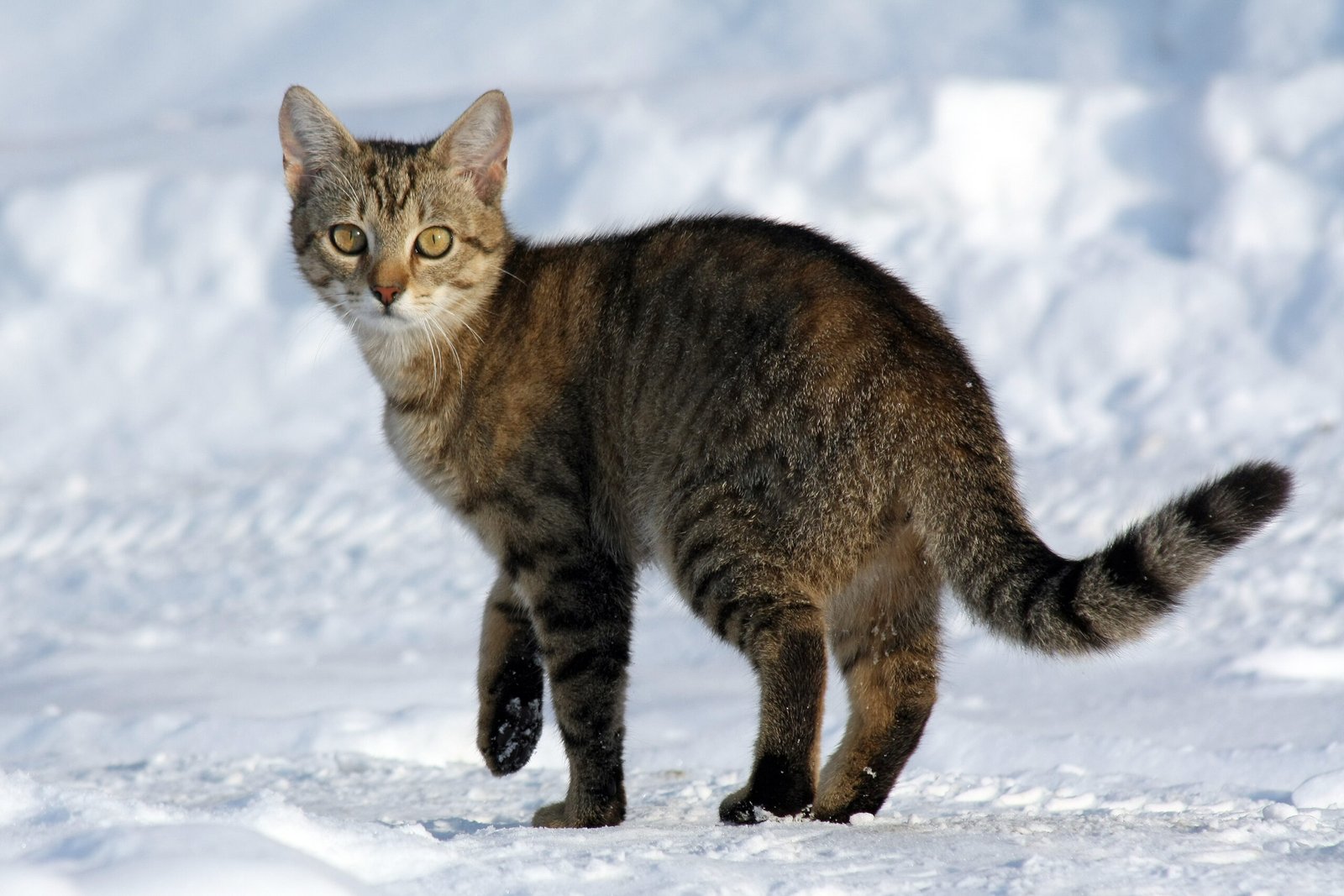
If you’ve made a mistake, don’t despair—there’s always a path forward. Start by being patient and consistent, offering gentle affection and positive reinforcement. Stick to routines, provide safe spaces, and engage in regular playtime. Listen to your cat’s cues, and never force interaction. Over time, your efforts will pay off, and your bond will grow even stronger. Remember, the journey to forgiveness is just as important as the destination.
The Mystery of Feline Forgiveness: What We Still Don’t Know
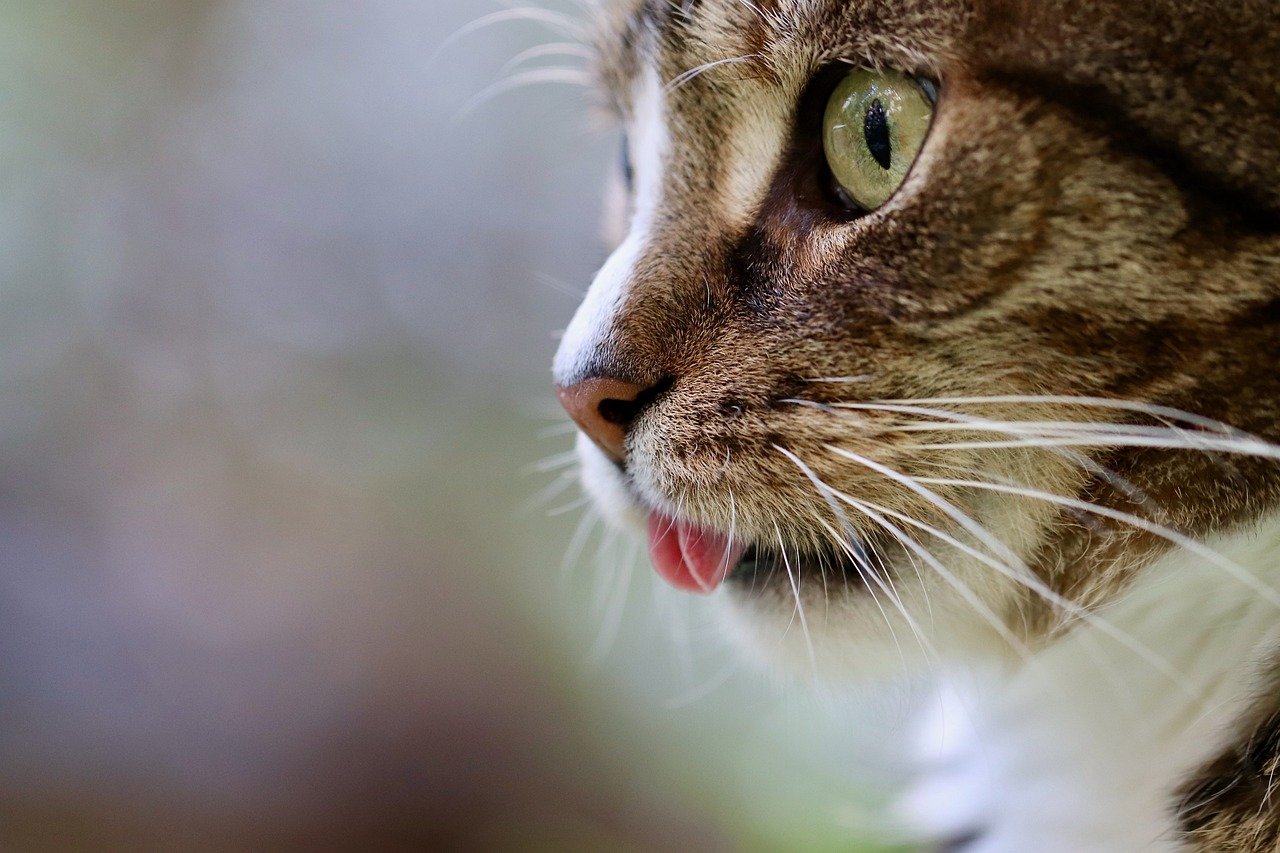
Despite all we’ve learned, cats remain mysterious creatures. Their ability to forgive seems to depend on a mix of memory, personality, and environment. Scientists are still uncovering the depths of feline emotion, leaving much to the imagination. What’s clear is that cats value trust above all else, and once it’s broken, it takes time to rebuild. Each cat is different, and their paths to forgiveness are as unique as their personalities. The journey to understanding our feline friends is ongoing, filled with surprises and heartwarming moments.
Hi, I’m Bola, a passionate writer and creative strategist with a knack for crafting compelling content that educates, inspires, and connects. Over the years, I’ve honed my skills across various writing fields, including content creation, copywriting, online course development, and video scriptwriting.
When I’m not at my desk, you’ll find me exploring new ideas, reading books, or brainstorming creative ways to solve challenges. I believe that words have the power to transform, and I’m here to help you leverage that power for success.
Thanks for stopping by, Keep coming to this website to checkout new articles form me. You’d always love it!






